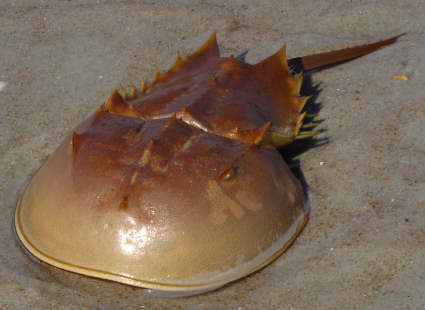
Scientists hypothesize, test, validate or disprove observation. Climate science is nascent but observations are concrete. Correlation cannot be overlooked. I don’t ascribe to a belief in a super being that sets the wheels of the universe in motion.
I do believe that we humans have, through our technological innovation, changed the atmospheric composition of our planet and will continue to do so based on our growing numbers and activities. To ignore humanity’s impact is the same as ignoring the growth of penicillium mould in a petri dish. And like the penicillium mould we are both a problem and a solution for our world which is much larger than that petri dish.
Our circumstances on this planet can be described as precarious for lots of reasons. We are precipitating extinction in other species. We have developed weapons that can severely alter the world. We burn fossil fuels that create greenhouse gases. We create chemicals that attack the very essence of our upper atmosphere that provides us with protection from UV rays.
We also have, through our venture into space, been able to view our planet from afar, even from beyond the rings of Saturn. By the way no God has yet to be observed near Saturn or at the edge of the heliopause as our robotic spacecraft move beyond the Solar System.
We now, more than ever before, know we live on a fragile lifeboat we call Earth and we are poking holes in its bottom. And the biggest hole we have created is creating unnatural warming. This isn’t planetary wobble, orbital apogee derived, solar intensity fluctuation or some other natural re-occurrence. The changes we are observing are a product of us.
Climate change deniers and politicians can talk about continuing to study and build a better body of scientific observation to validate our understanding of climate or we can begin to implement behaviours that alter what we have been doing so that generations from now there will be a world in place that can accommodate humans and the biodiversity that is Earth.
When studying the geological and paleontological record, the average species longevity on this planet amounts to a piddling amount of time. J. Richard Gott III, a noted astrophysicist, calculated our species had about a 98% chance of hanging around for 8 million years. Knowing that our impact on the planet is finite it would seem in our best interest to stop rationalizing our bad behaviour because in doing so we may end our existence even faster than Gott predicts.









